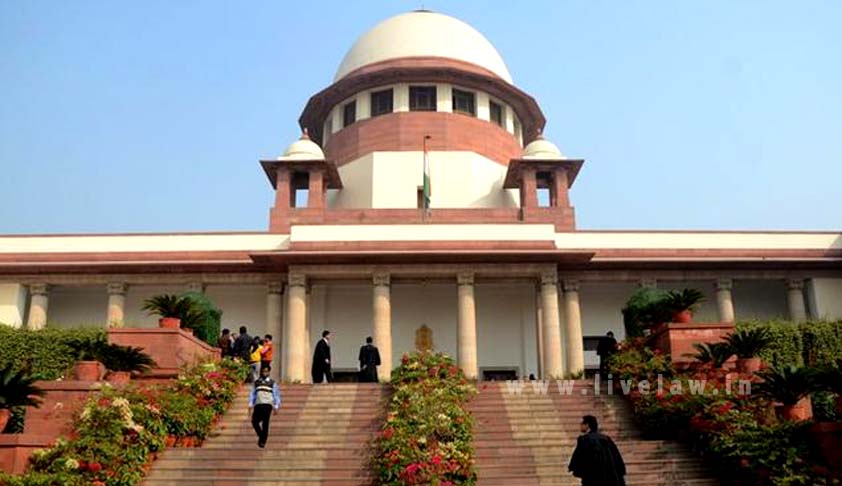Pressure likely to mount on Collegium to recommend appointment of SC/ST/BC Judges to High Courts and Supreme Court
LiveLaw Research Team
7 Dec 2015 1:35 PM IST

Next Story
7 Dec 2015 1:35 PM IST
Even as the Supreme Court’s Collegium, after its reconstitution under the new Chief Justice of India, Justice T.S.Thakur, is yet to hold its first meeting to recommend new Judges to the High Courts and the Supreme Court, LiveLaw has learnt that pressure is likely to be mounted on it to recommend sufficient SC/ST/BC Judges to High Courts and Supreme Court.With six vacancies of Judges in...
